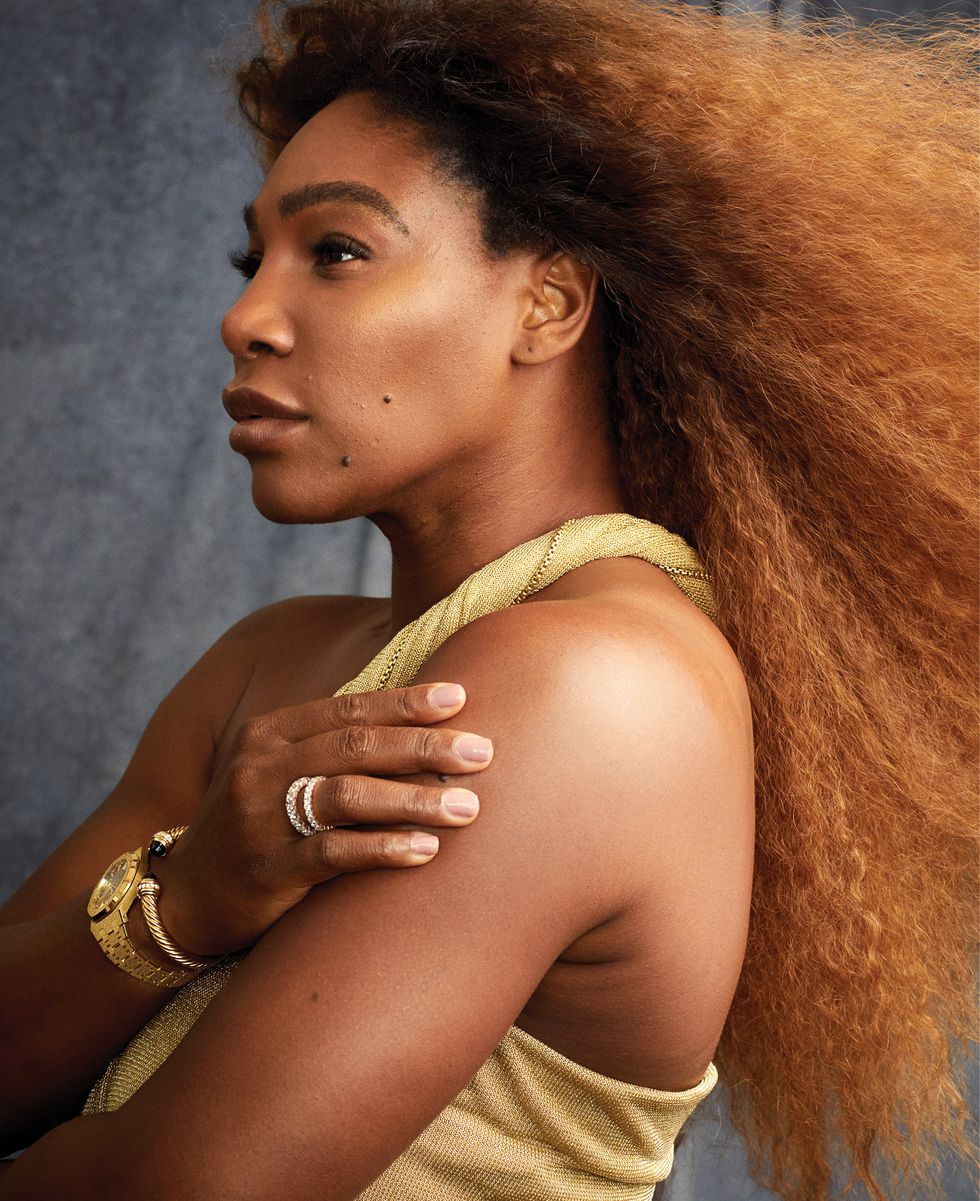
Serena Williams is opening up about the 2018 U.S. Open final, which she calls one of her most “excruciating” matches.
In an essay penned for Harper’s BAZAAR, the tennis superstar got candid about the final match, which saw rising star Naomi Osaka defeat Williams to take home the trophy.
Williams made news for her outburst during the match, in which chair umpire Carlos Ramos accused her of illegal coaching and later issued the tennis star a violation after striking her racket on the court out of frustration.
“I feel passionately compelled to stand up for myself,” Williams wrote. “I call him a thief; I again demand an apology. I tell him he is penalizing me for being a woman. He responds by issuing a third violation and takes a game from me.”
“In the end, my opponent simply played better than me that day and ended up winning her first Grand Slam title,” she added, I could not have been happier for her. As for me, I felt defeated and disrespected by a sport that I love—one that I had dedicated my life to and that my family truly changed, not because we were welcomed, but because we wouldn’t stop winning.”
Following sleepless nights, days of frustration, and unanswered questions, Williams says she turned to a therapist and penned an apology to Osaka.
“As I said on the court, I am so proud of you and I am truly sorry,” Williams wrote to Osaka. “I thought I was doing the right thing in sticking up for myself. But I had no idea the media would pit us against each other.”
“I would love the chance to live that moment over again. I am, was, and will always be happy for you and supportive of you. I would never, ever want the light to shine away from another female, specifically another black female athlete. I can’t wait for your future, and believe me I will always be watching as a big fan! I wish you only success today and in the future. Once again, I am so proud of you. All my love and your fan, Serena.”
Osaka’s response was gracious and understanding, bringing Williams to tears.
“People can misunderstand anger for strength because they can’t differentiate between the two,” Osaka said. “No one has stood up for themselves the way you have and you need to continue trailblazing.”
Williams says Osaka’s response and time in therapy made her realize that backlash wasn’t the reason she was upset about the match, “[it was] because of what had happened to the young woman who deserved so much more in her special moment. I had felt that it was my fault and that I should have kept my mouth closed. But now, seeing her text putting everything in perspective, I realized she was right.”

The tennis star went on to add that women in the workforce are often penalized for their emotions, writing: “We are not allowed to be passionate. We are told to sit down and be quiet, which frankly is just not something I’m okay with.”
“Ever since I was a little girl, I’ve felt a need to voice my opinion and be heard. Some may not like it, and to be honest, that’s their prerogative. I respect it. Growing up as the youngest of five girls, I learned that I had to fight for everything I wanted. And I won’t ever stop raising my voice against injustice.”




